In her first major public appearance since coming out as transgender earlier this year, Caitlyn Jenner stood before a standing ovation at the ESPY Awards in Los Angeles on Wednesday night to receive the Arthur Ashe Award for Courage.
“I’ve never felt more pressure than I have in the last few months. As you just saw, I dealt with my situation in private—and that turned this journey into an incredible education,” she said. “This transition has been harder on me than anything I could ever imagine, and that’s the case for so many like me.”
The Arthur Ashe Award goes to individuals whose bravery “transcends sports,” a distinction previously bestowed upon Muhammad Ali, Billie Jean King, and Nelson Mandela. Abby Wambach, the American Olympic soccer player, introduced the presentation, which began with a video documenting a four-decade career marked by public triumph and private struggle.
It has been a long and winding road for Jenner, whom the American public knew for decades as Bruce, the Olympic superstar who won gold and broke world records at the 1976 games in Montreal. Amid the geopolitical insecurities of the Cold War, America found in its athletes — primarily its male athletes — a bulwark to the national psyche, and Jenner, as Buzz Bissinger wrote in Vanity Fair‘s July cover story, was “a symbol of masculinity as interwoven into American culture as the Marlboro Man.” It was exactly two hundred years after the signing of the Declaration of Independence, and Jenner, Bissinger wrote, “was America.” Jenner made it onto the Wheaties box, that distinctly American totem of athletic triumph. Jenner married a beauty queen, and had two kids with her — adding to the two Jenner had with first wife Chrystie Crownover; Jenner would have two more with Kris Kardashian.
And Jenner had a secret. The secret was that Bruce Jenner wasn’t Bruce Jenner, or at least not the Bruce Jenner known to the adoring masses. Bruce Jenner was a woman, a truth disclosed only to a trusted few until Jenner’s now-seminal 20/20 interview with Diane Sawyer three months ago. To those who’d watched Jenner astound the world in Montreal, the athlete was still the Olympic hero; to that generation’s children, Jenner was still Bruce, the quirky paternal figure on Keeping Up With the Kardashians.
“I’ve been thinking about this day forever,” she said in April to Sawyer and the 20 million people watching at home. “And what I should do with my life, how do I tell my story, how I tell people what I’ve been through. And that day is today. I need the tissues. It’s gonna be kinda tough, but today is the day. Be honest with myself.”
Onstage Wednesday night, she thanked her “buddy” Diane Sawyer, and also her children and her mother, her voice breaking with emotion.
“I always wanted my children to be so proud of their dad — for what he’d accomplished in his life.” “You guys have given me so much support, and I’m so, so grateful to have all of you in my life.”
A month after the 20/20 special, ESPN announced that it would give Jenner the Arthur Ashe Award for Courage at the ESPY Awards over the summer. The decision was controversial. A number of obstinate sports fans took to social media to say that Jenner wasn’t brave, or at least not brave enough to earn sports’ highest accolade for bravery, and that it should have gone to, say, a soldier who’d lost his legs in Iraq.
In the midst of the outcry, though, Jenner stood strong — a resolve she carried to the stage on Wednesday night. She used the speech as a rallying cry for the fair treatment of transgender youth.
“If you want to call me names, make jokes, doubt my intentions, go ahead, because the reality is I can take it,” she said. “But for the thousands of kids out there coming to terms with the truth of who they are, they shouldn’t have to take it.”
“For the people out there wondering what this is all about — whether it’s about courage or controversy or publicity — it’s about what happens from here,” she continued. “It’s not about just one person… it’s not just about me, it’s about all of us, accepting one another. We’re all different. That’s not a bad thing. That’s a good thing.”
See The Life of Caitlyn Jenner
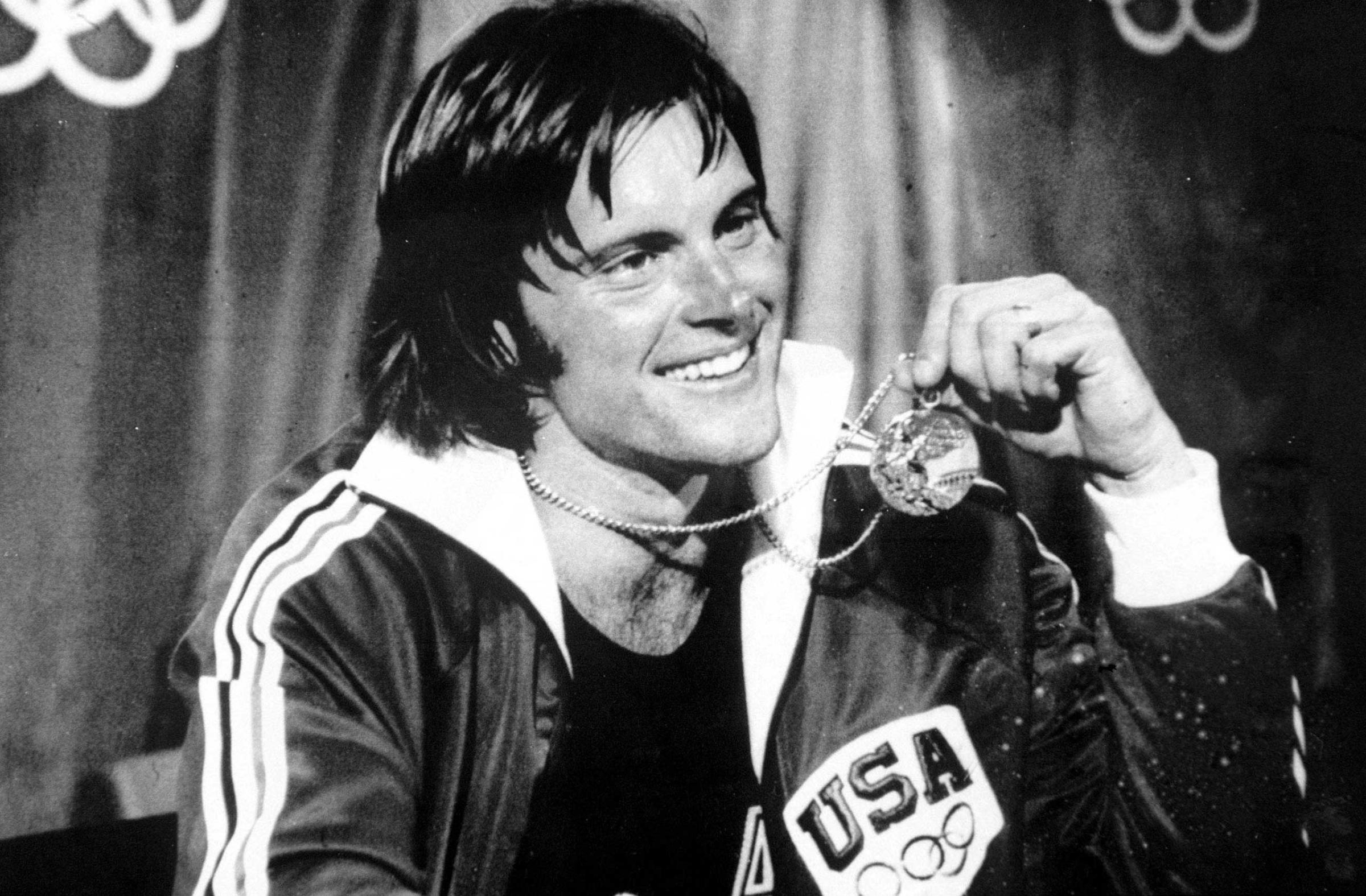
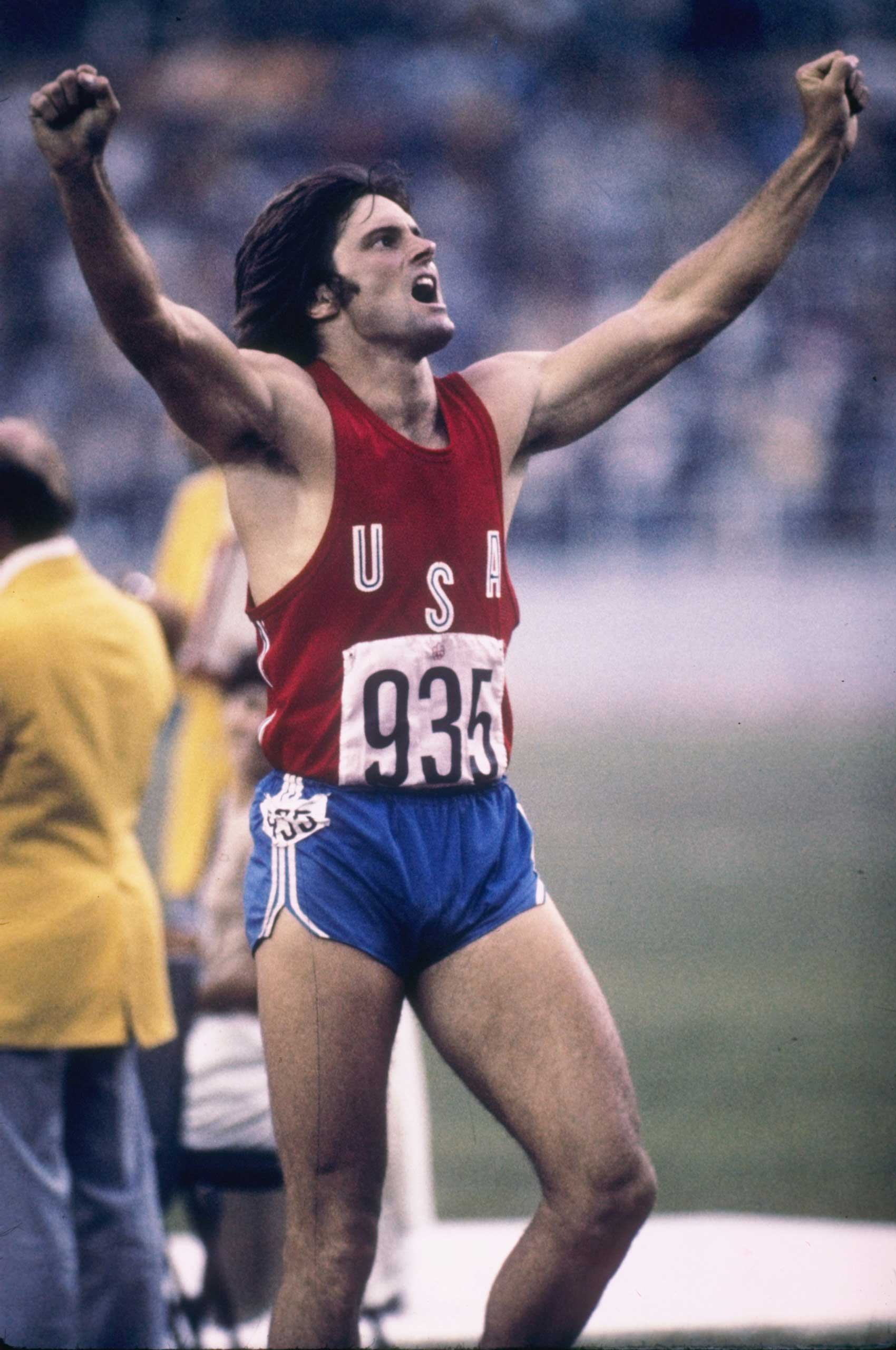
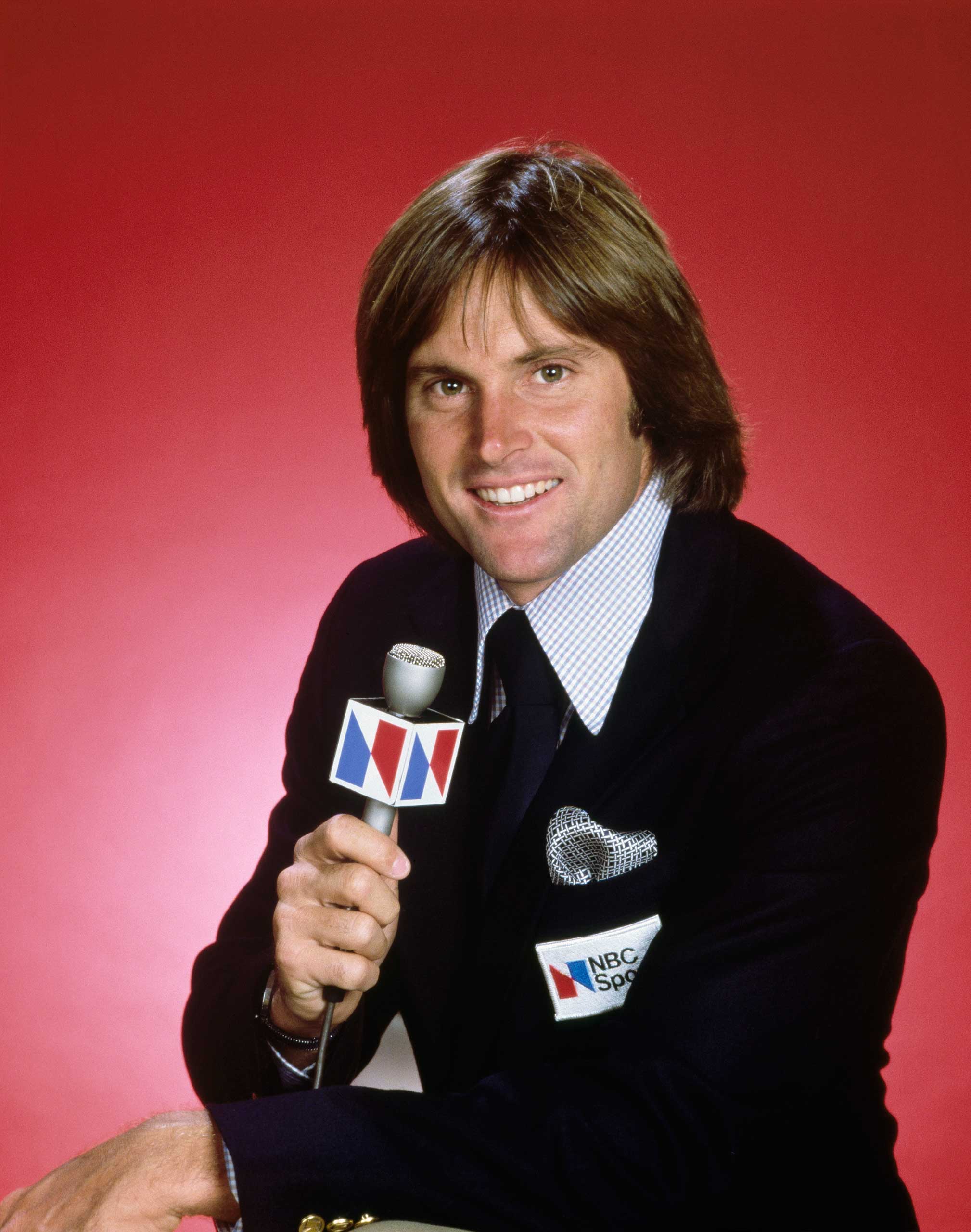
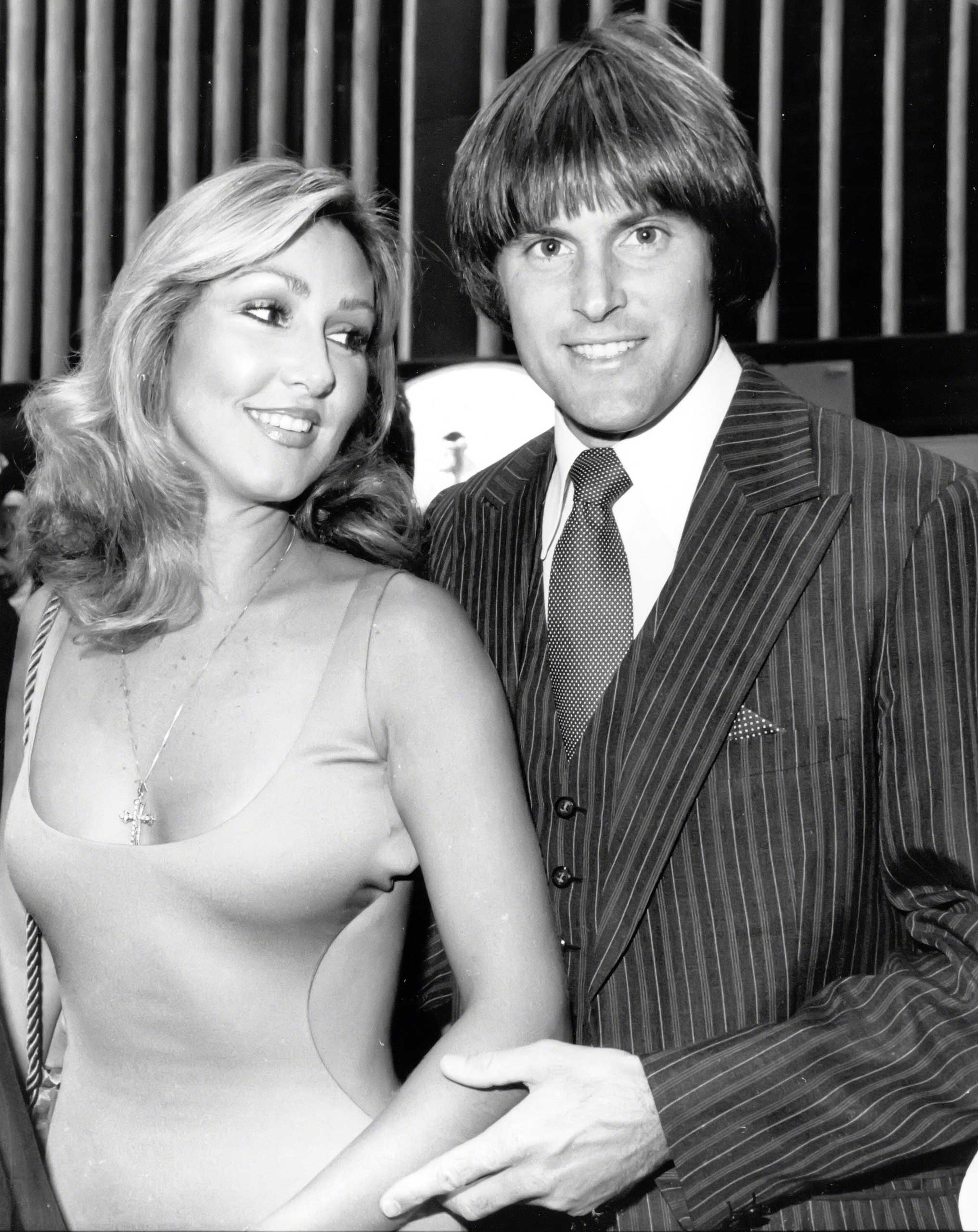
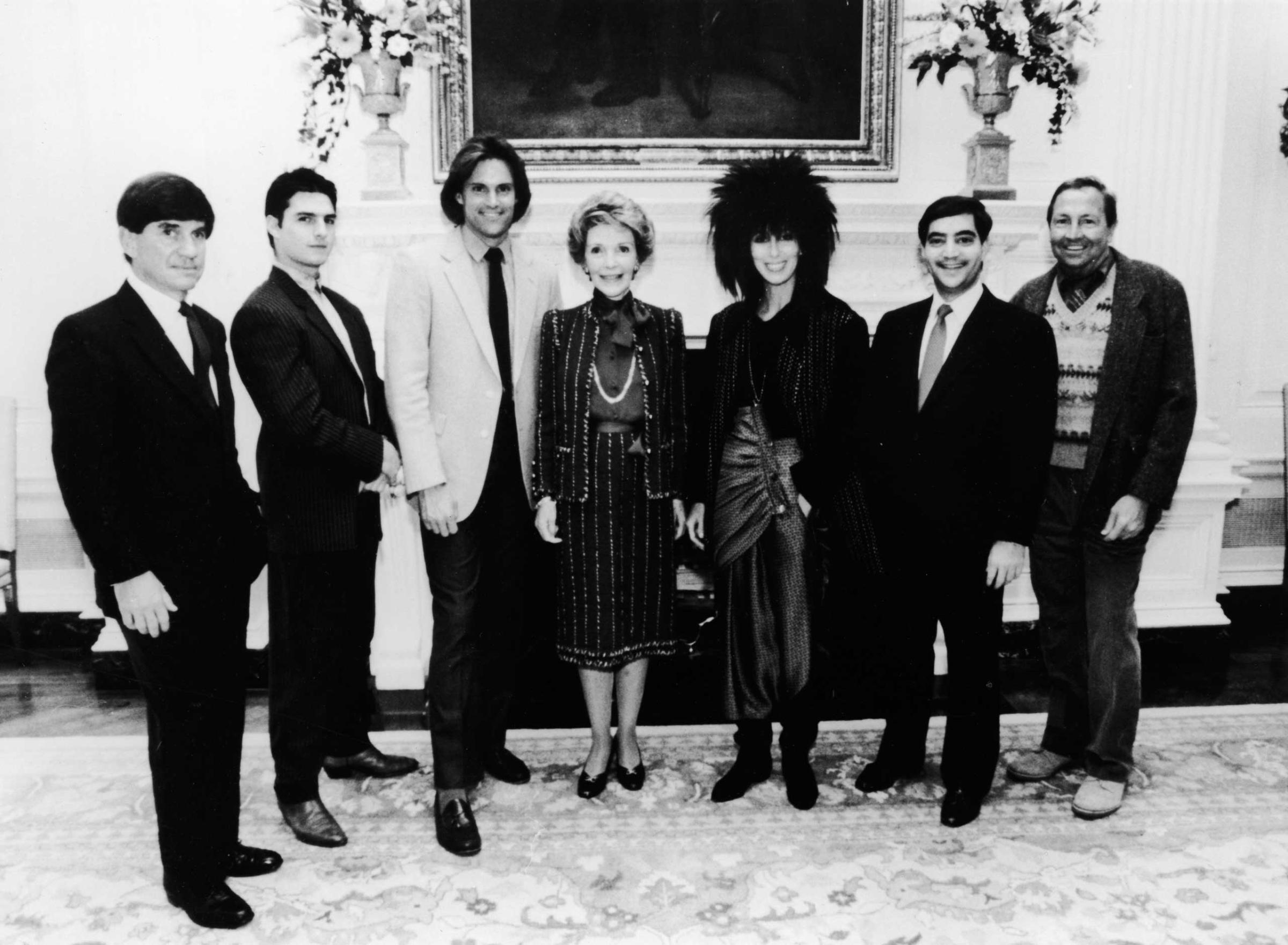
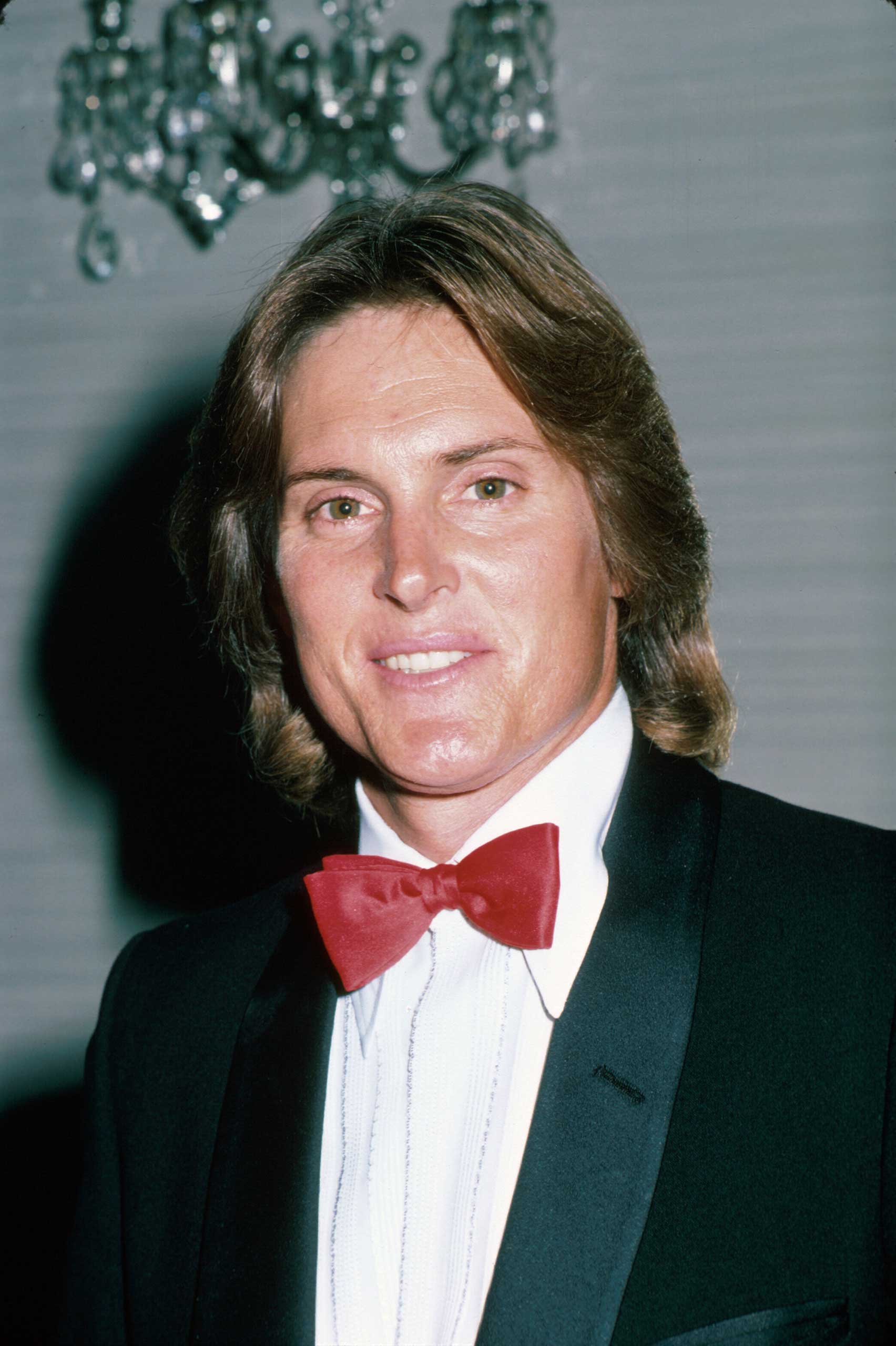
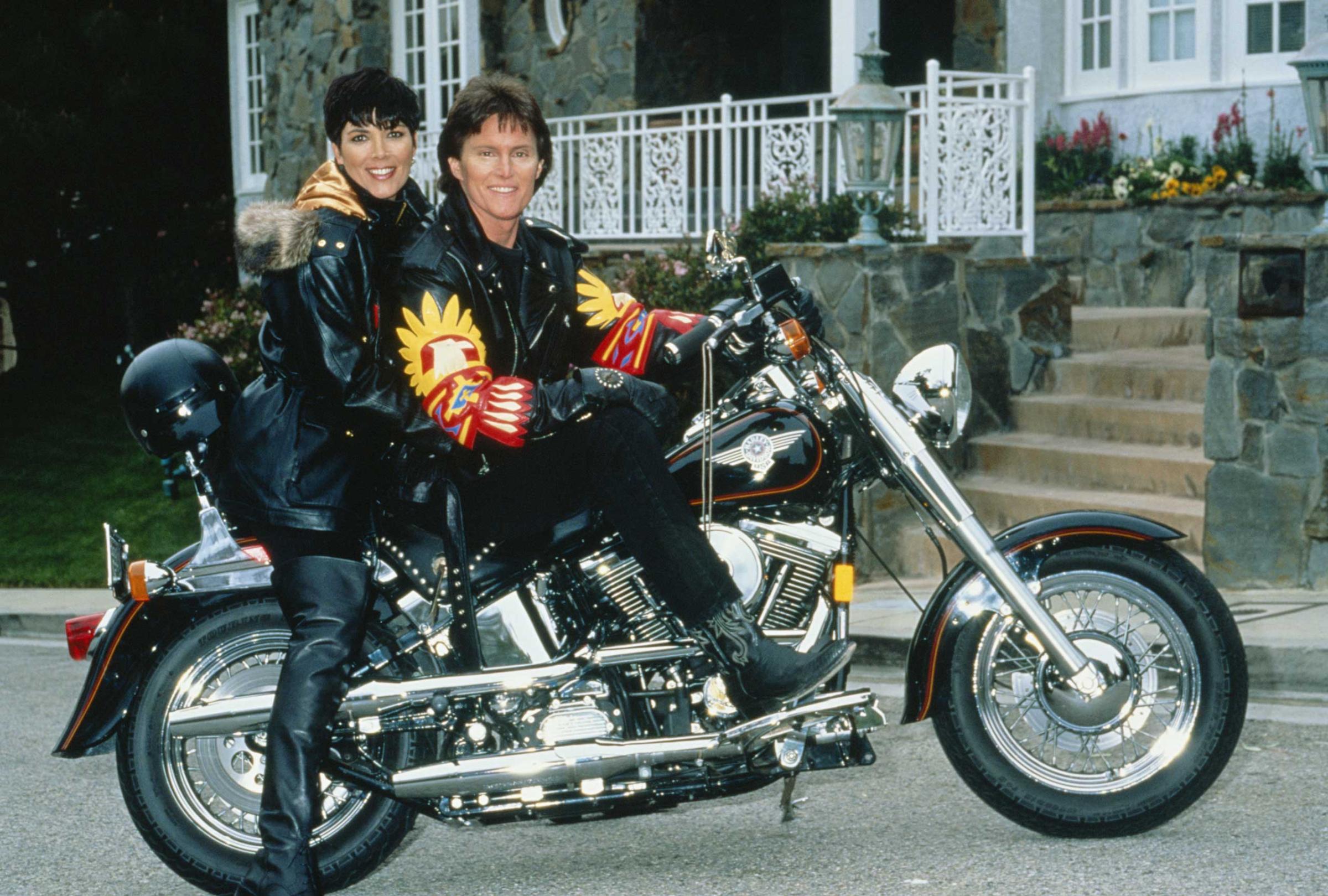
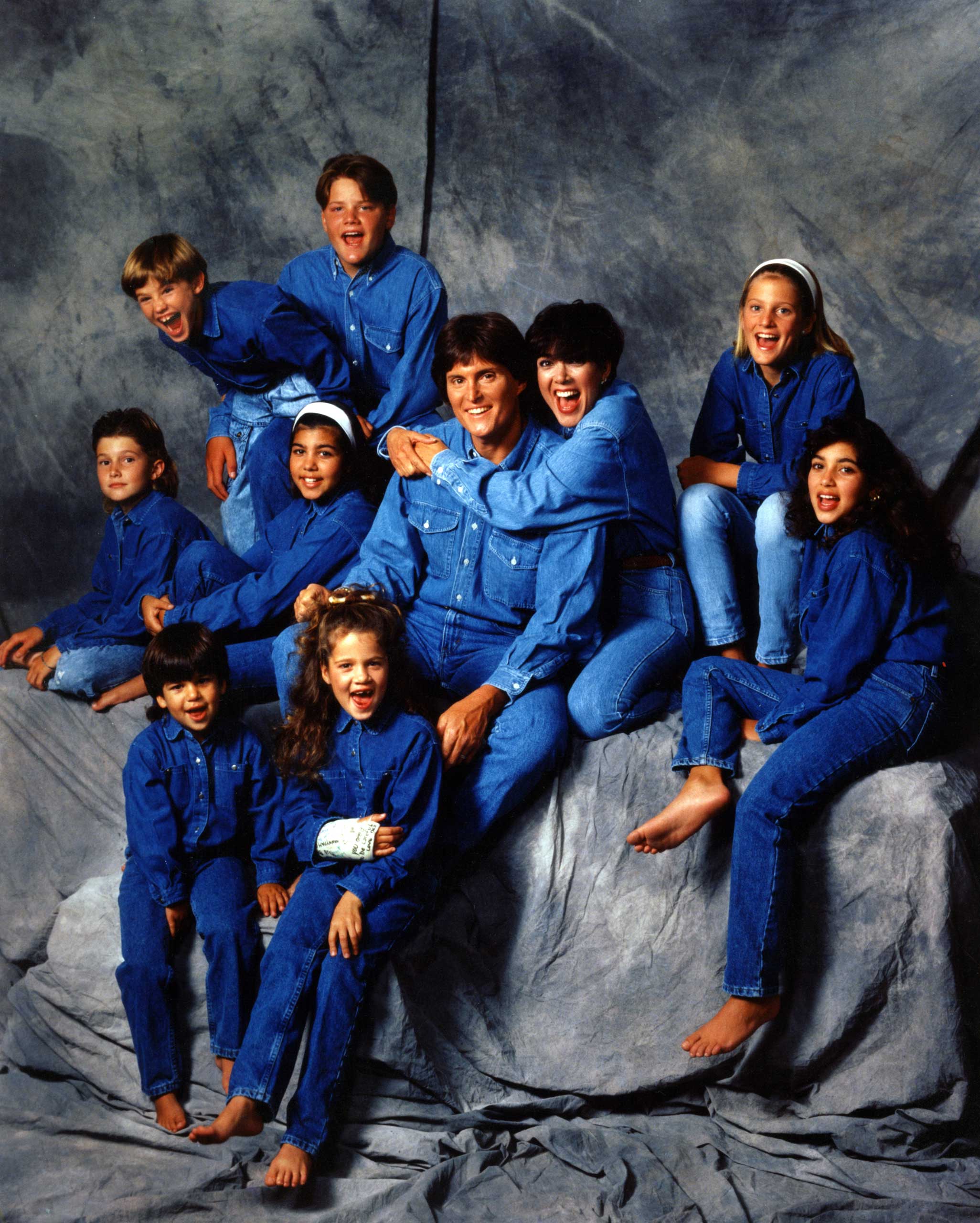

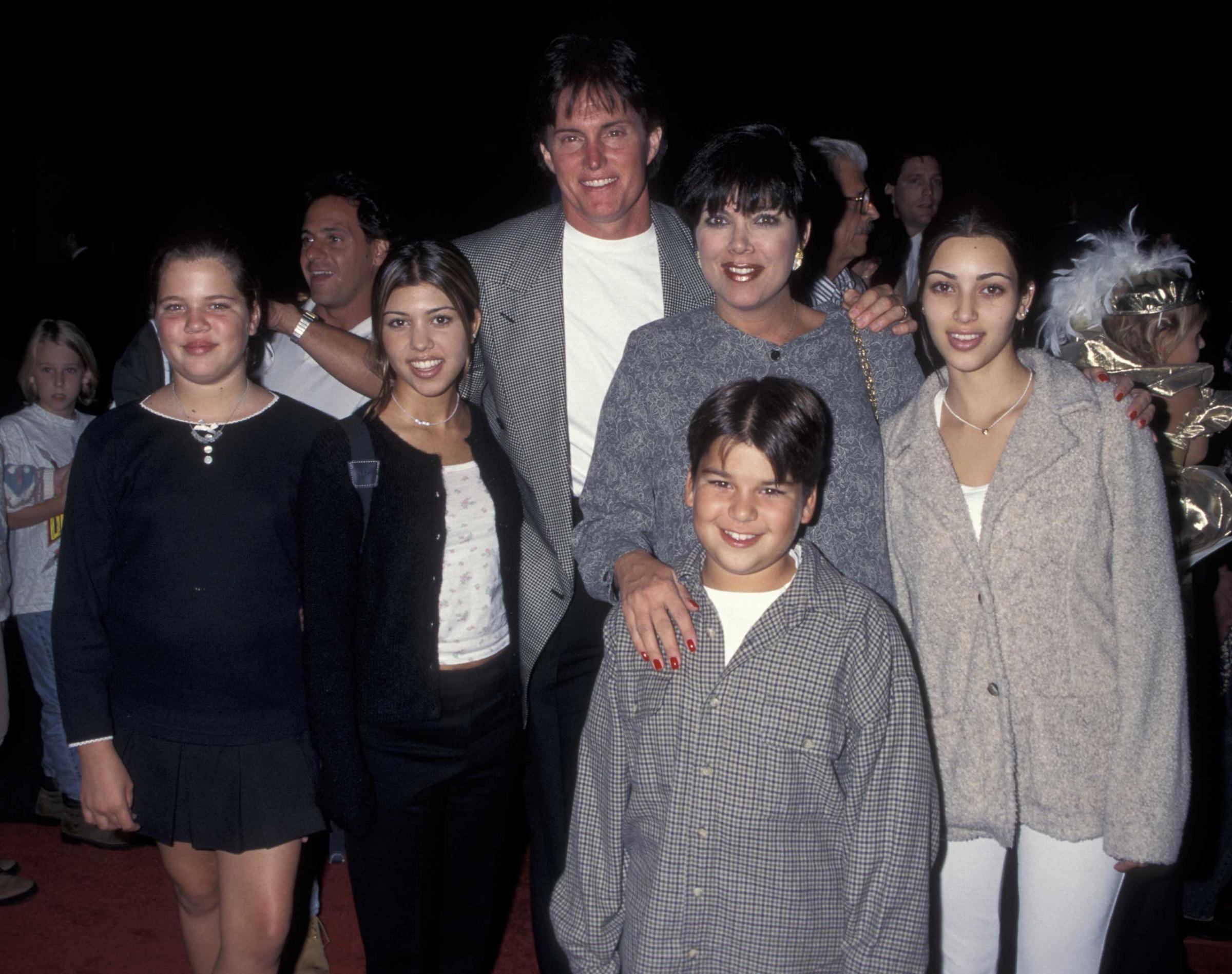
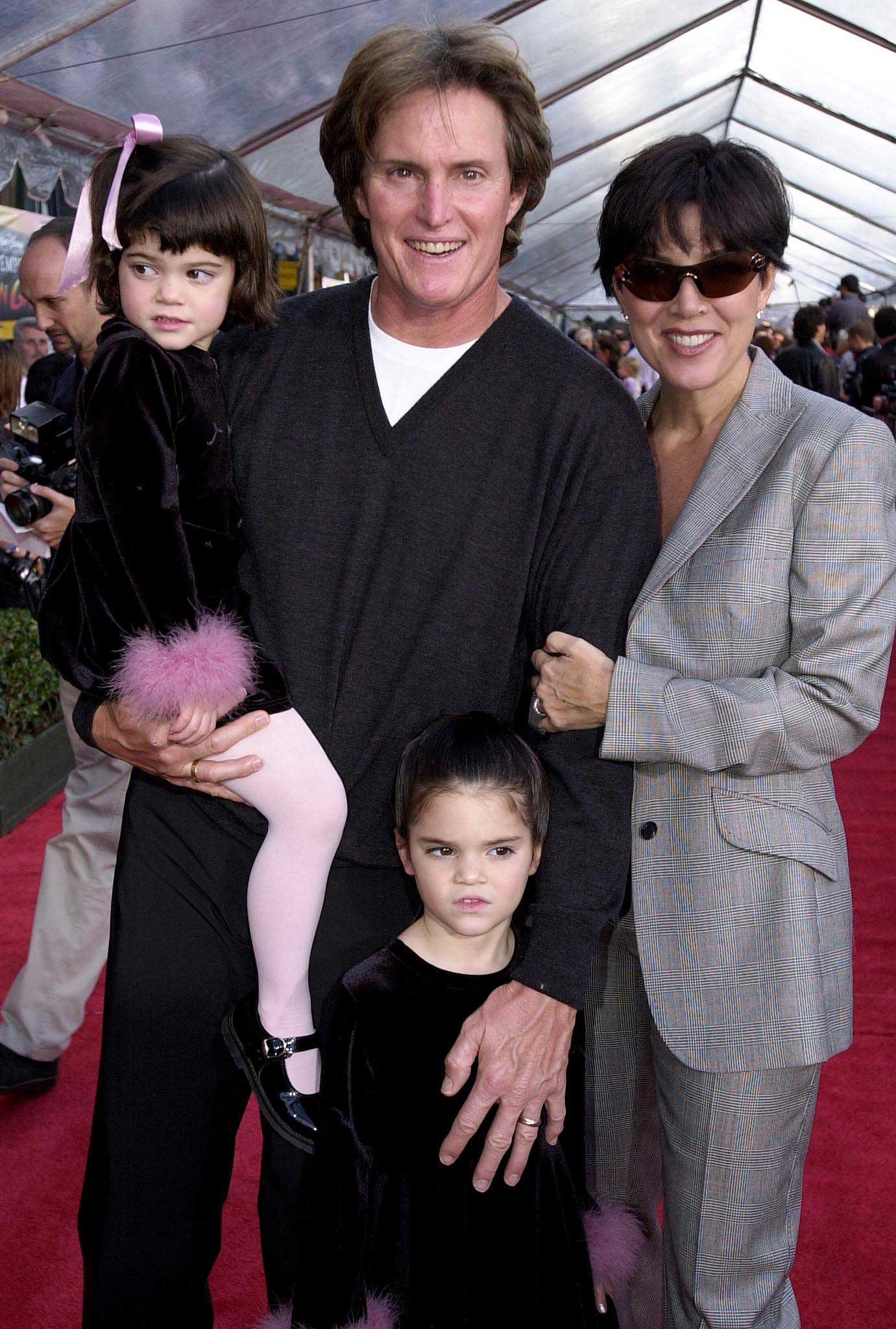
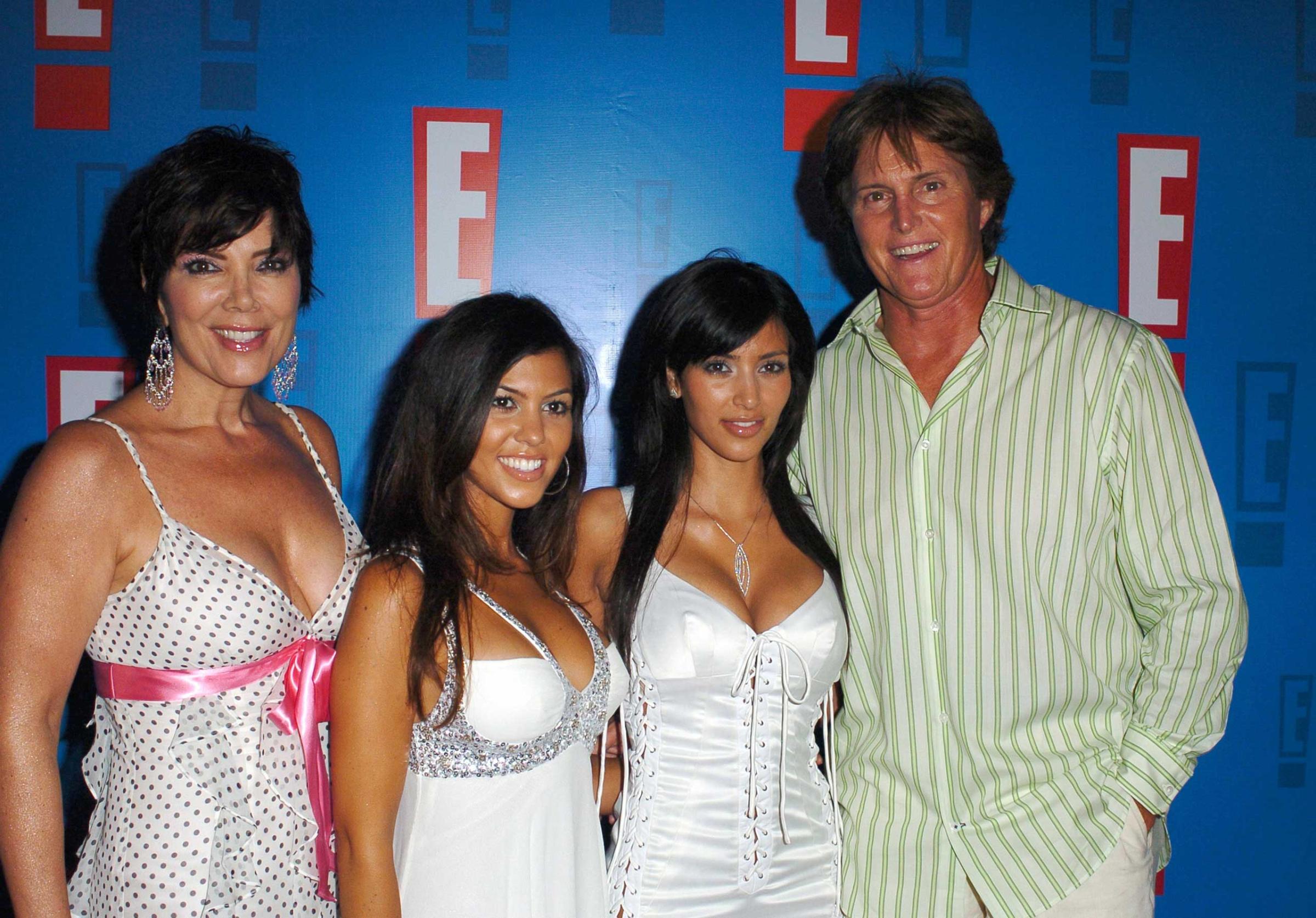


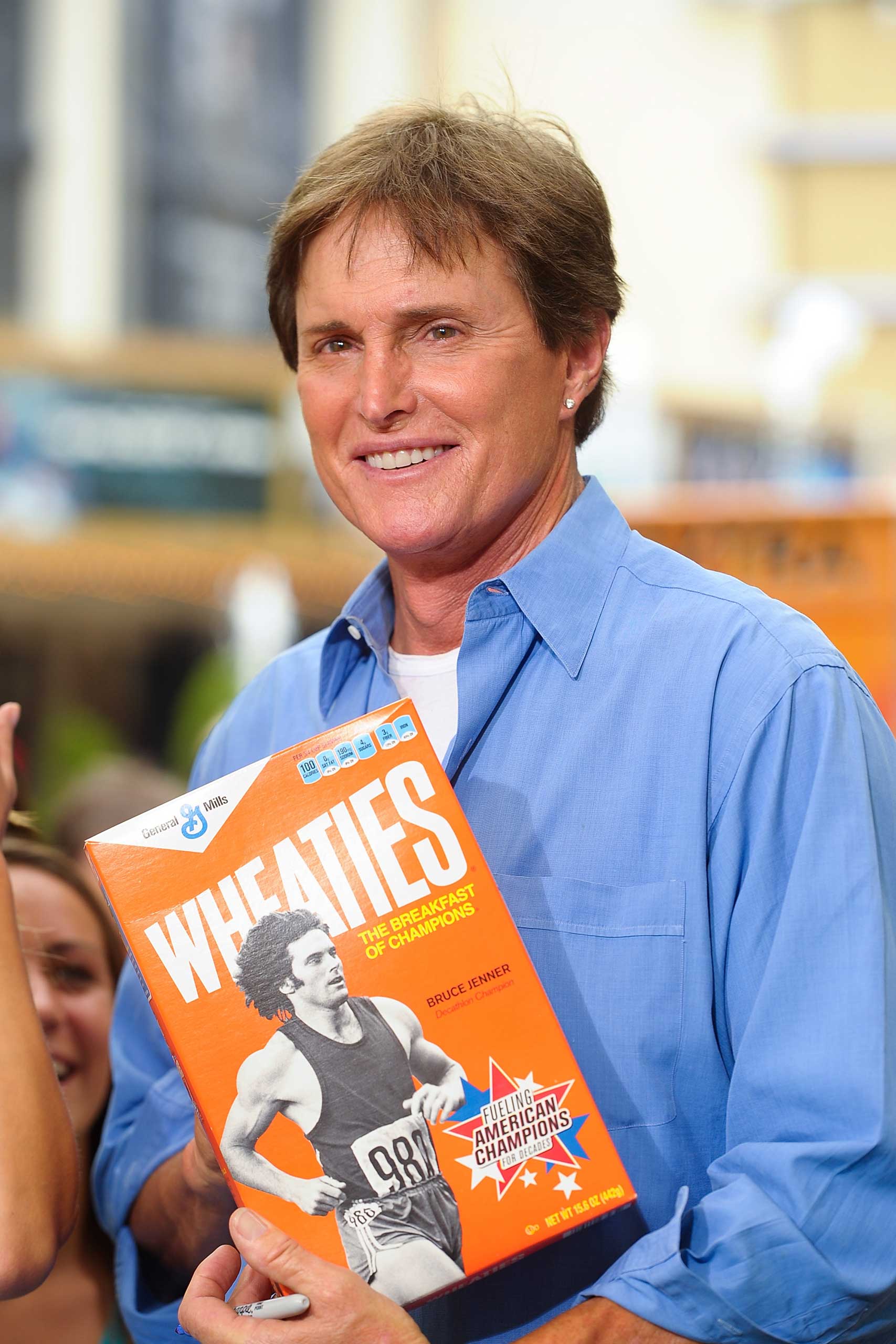
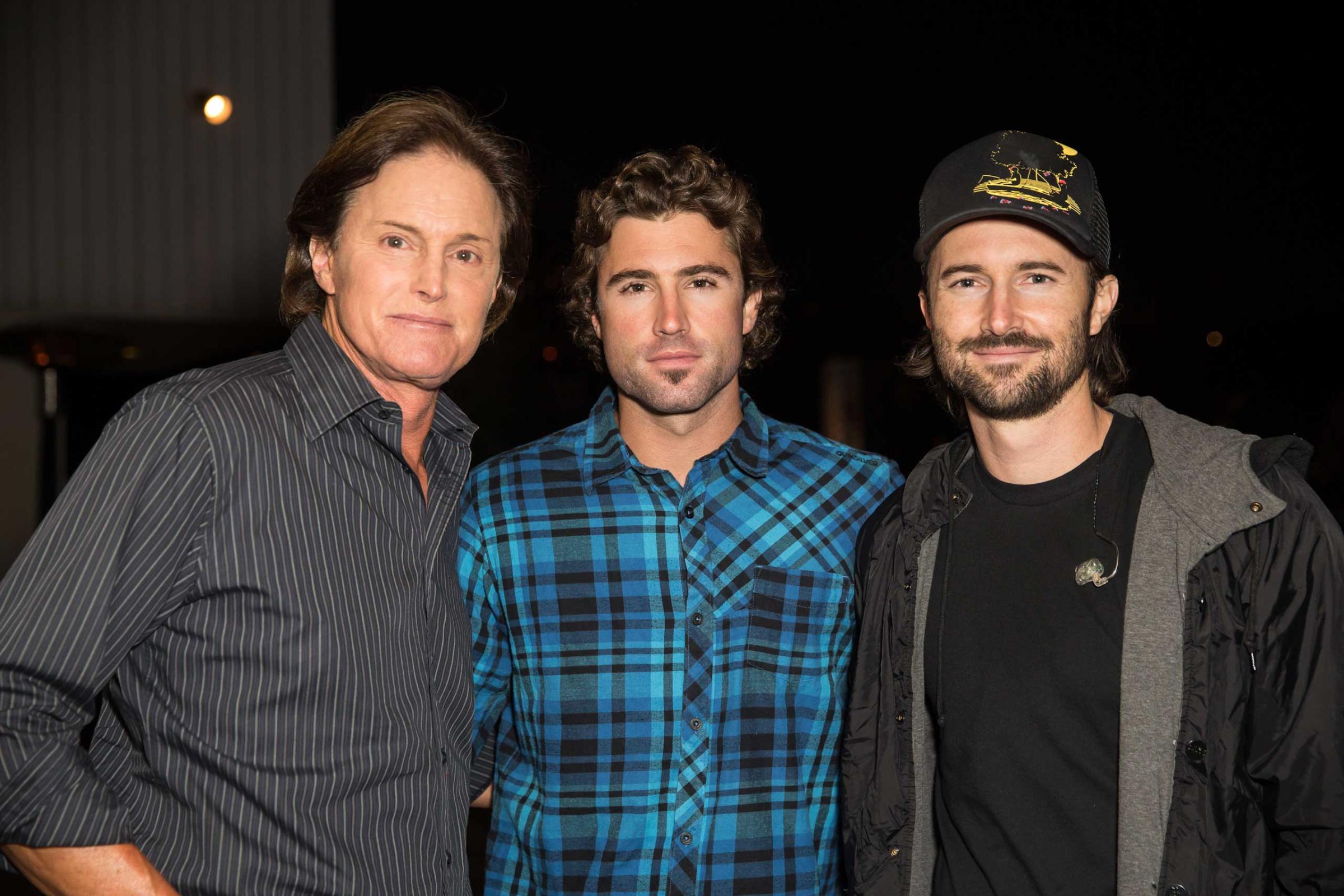
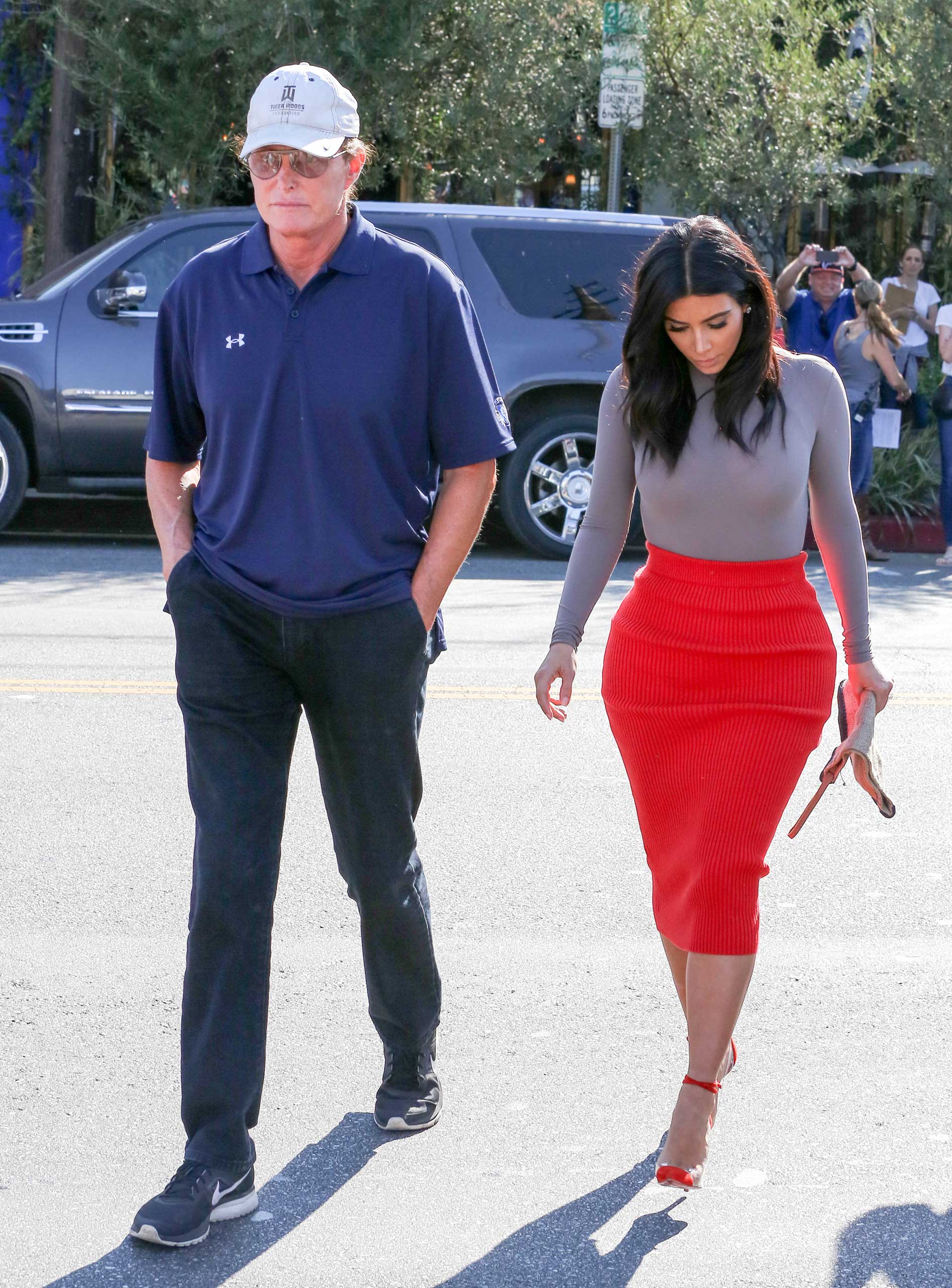
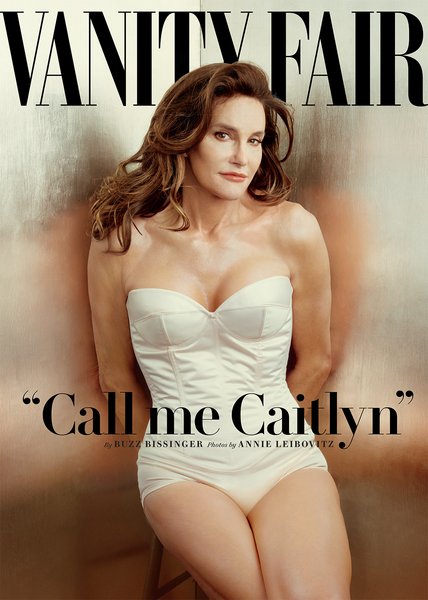
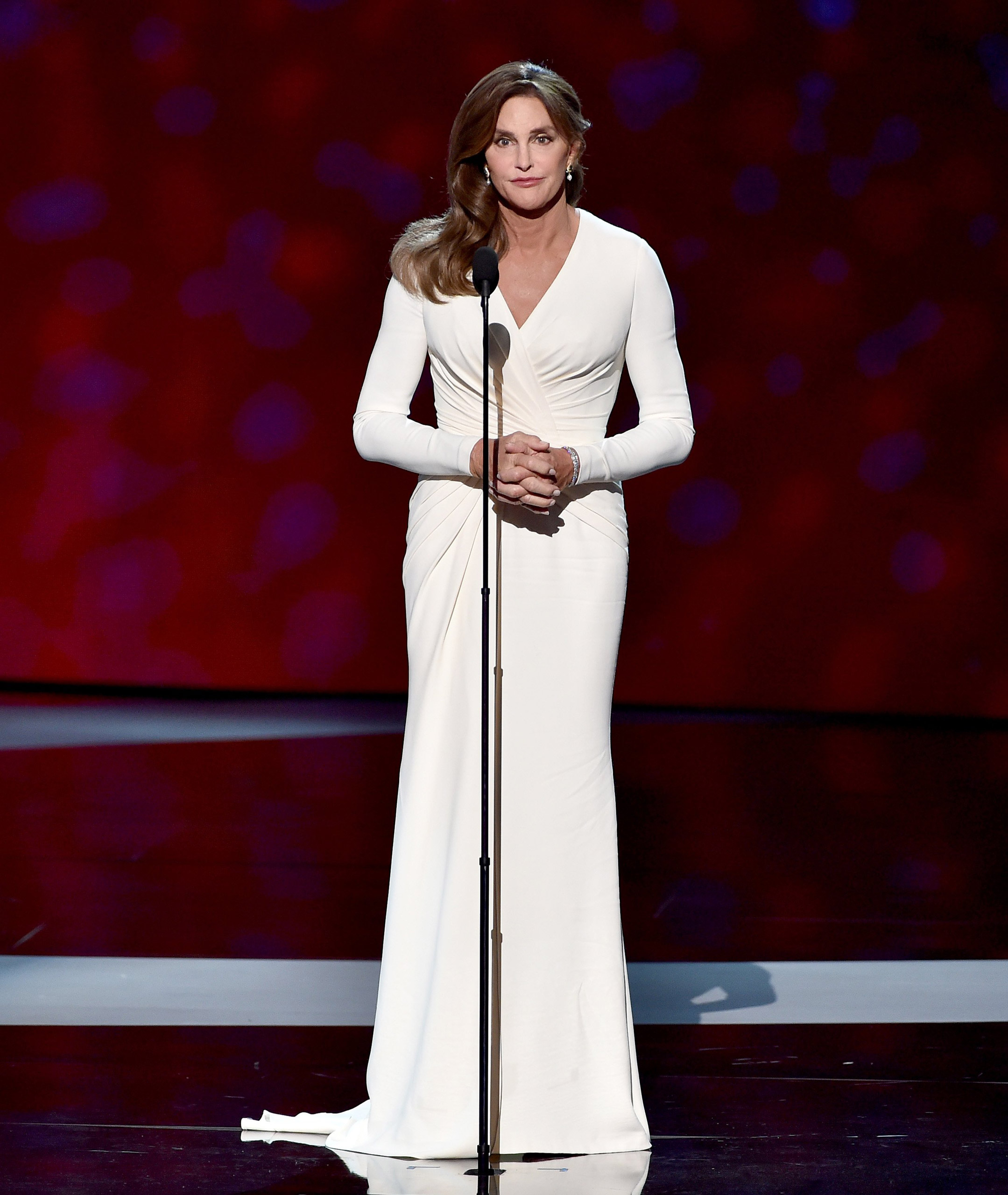
More Must-Reads from TIME
- Why Trump’s Message Worked on Latino Men
- What Trump’s Win Could Mean for Housing
- The 100 Must-Read Books of 2024
- Sleep Doctors Share the 1 Tip That’s Changed Their Lives
- Column: Let’s Bring Back Romance
- What It’s Like to Have Long COVID As a Kid
- FX’s Say Nothing Is the Must-Watch Political Thriller of 2024
- Merle Bombardieri Is Helping People Make the Baby Decision
Contact us at letters@time.com